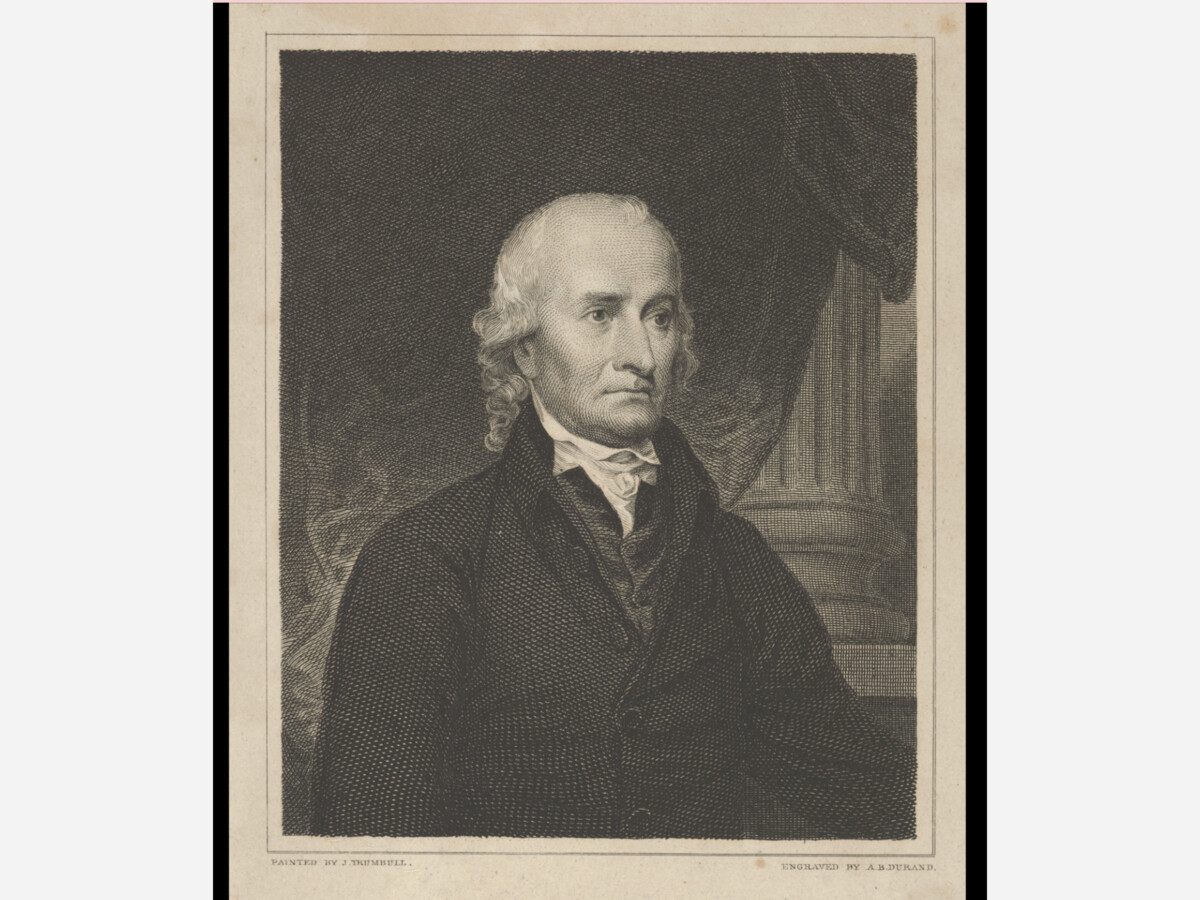Image


September 17-23 is Constitution Week, every year. This year marks the 237th anniversary of the signing of the Constitution in June, 1788. Story courtesy of Louise Hunt, Regent Turtle Creek Chapter, NSDAR
WARREN COUNTY, OH -- Thomas Jefferson described Hugh Williamson’s role at the Philadelphia Convention as, “He was a useful member, of an acute mind, attentive to business, and of a high degree of erudition.” (That means being learned and scholarly.)
Jefferson may have been too modest describing Hugh Williamson. What Williamson accomplished at the Constitutional Convention was the following: He remained at the convention for the entire time and signed the Constitution for the state of North Carolina. He served on five committees, offered 23 motions, and delivered over 70 speeches. Williamson’s main role at the convention was in proposing and supporting certain compromises that ultimately made ratification a reality.
He proposed an impeachment procedure for the chief executive, endorsed a six-year term for U.S. senators, recommended that a free and slave population census be taken in support of the Three-Fifths Compromise, and favored the extension of slavery until a future date to give all states conditions that they could accept in the Constitution.
Williamson did not approve of slavery and never owned slaves, but he believed it better to have all the states within the Union, rather than excluding some by adopting provisions that everyone knew would not be accepted. His experiences convinced him that only a strong central government could adequately protect and foster the political, economic, and intellectual future of the new nation.
Williamson was a scholar of international renown. He was an educator, mathematician, physician, legislator, merchant, scientist, and scholar. Williamson was born and grew up in Pennsylvania and entered the College of Philadelphia (later to become the University of Pennsylvania) at 18. He received a degree in mathematics. Immediately afterwards, he studied theology and received a license to preach in the Presbyterian Church. After that he began studying medicine and then left for Europe to study in Scotland, London, and Utrecht, the Netherlands, where he received an M.D. degree.
He traveled around Europe and upon his return, was elected as a member of the American Philosophical Society. He was drawn into scholarly and scientific circles and traveled in America and Europe conducting experiments. It was in Europe that it is thought he collaborated with Benjamin Franklin. While in Boston before sailing to Europe, Williamson observed the Boston Tea Party and was the first to bring the news to England.
During the Revolutionary War, Williamson was unique in that he contributed his talents in shipbuilding, working in a tannery, being a physician and natural scientist to the American war effort primarily in North Carolina, where he now lived. His important medical and scientific accomplishments included vaccinating North Carolina troops against small pox; at the Battle of Camden, he went behind enemy lines under a truce flag to care for American prisoners and provided medical consultation for a British officer.
In the Great Dismal Swamp, Williamson conducted experiments implementing dietary controls, instituting the use of proper clothing in keeping with local environmental conditions, and establishing specific sanitary procedures. Out of a force of between 500 and 1,200 men during the winter of 1780, only two men died from disease and no one was granted sick leave. Williamson advanced his own funds to the state to purchase medical supplies that would be needed in the event of a protracted campaign.
Hugh Williamson was a hugely influential person in North Carolina during and after the War. At the Second Constitutional Convention at Fayetteville, NC in 1789, Williamson made the initial motion on the floor to adopt the document that he had signed for the state. He served with distinction in state and national government and politics but always kept close ties with North Carolina. He was a true Renaissance Man.